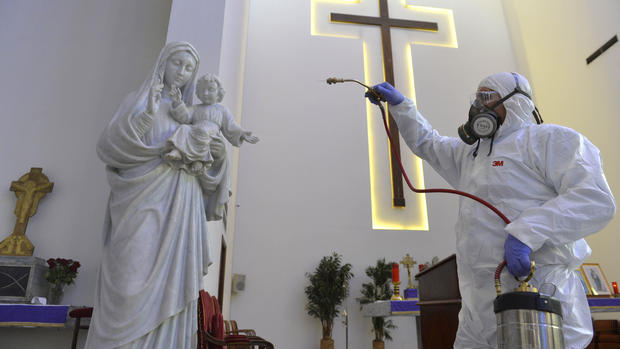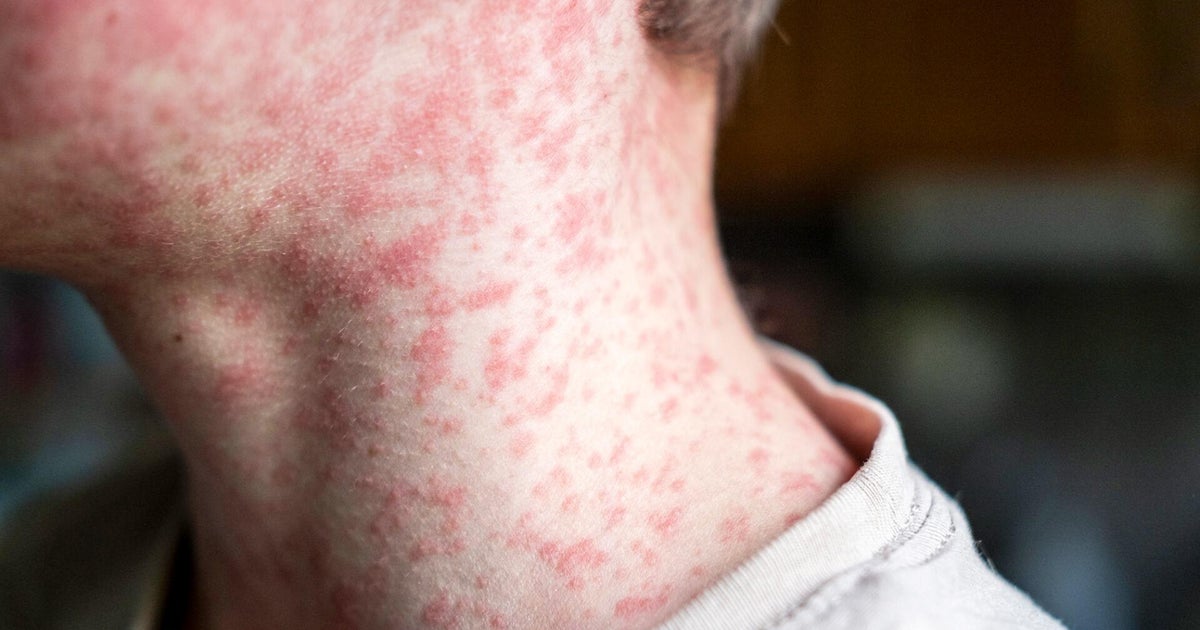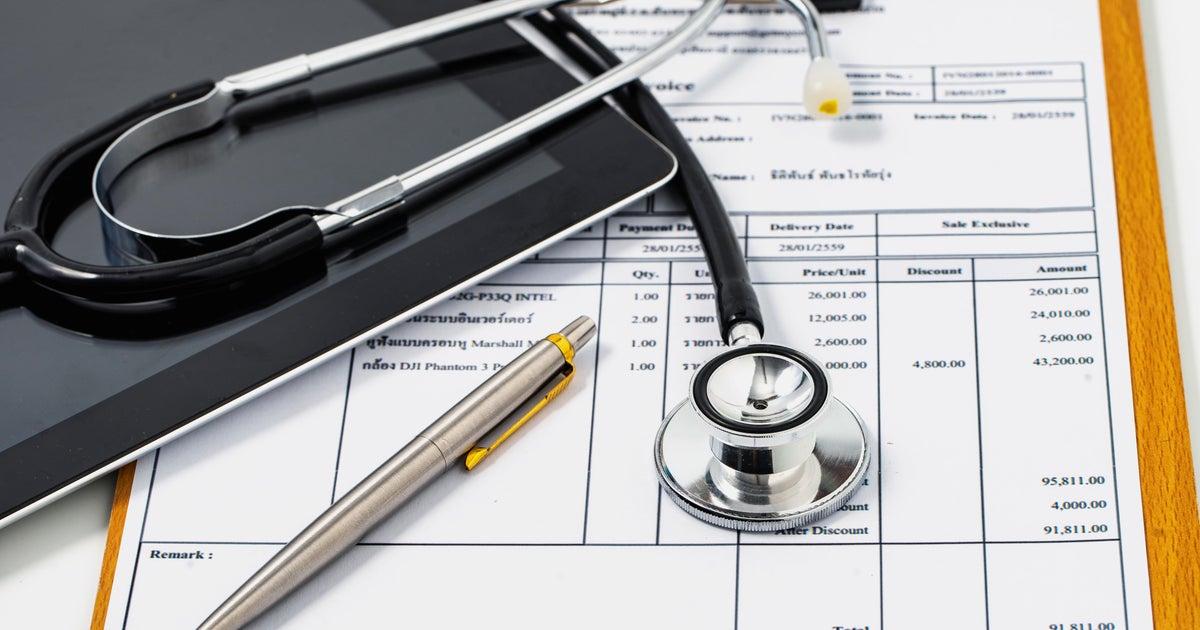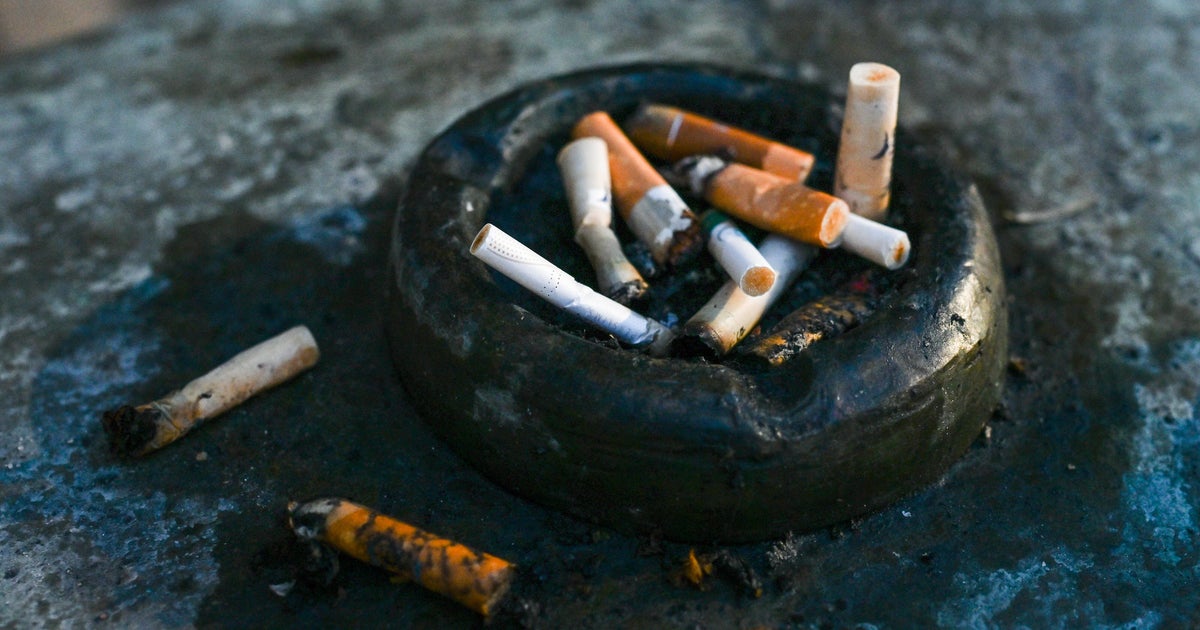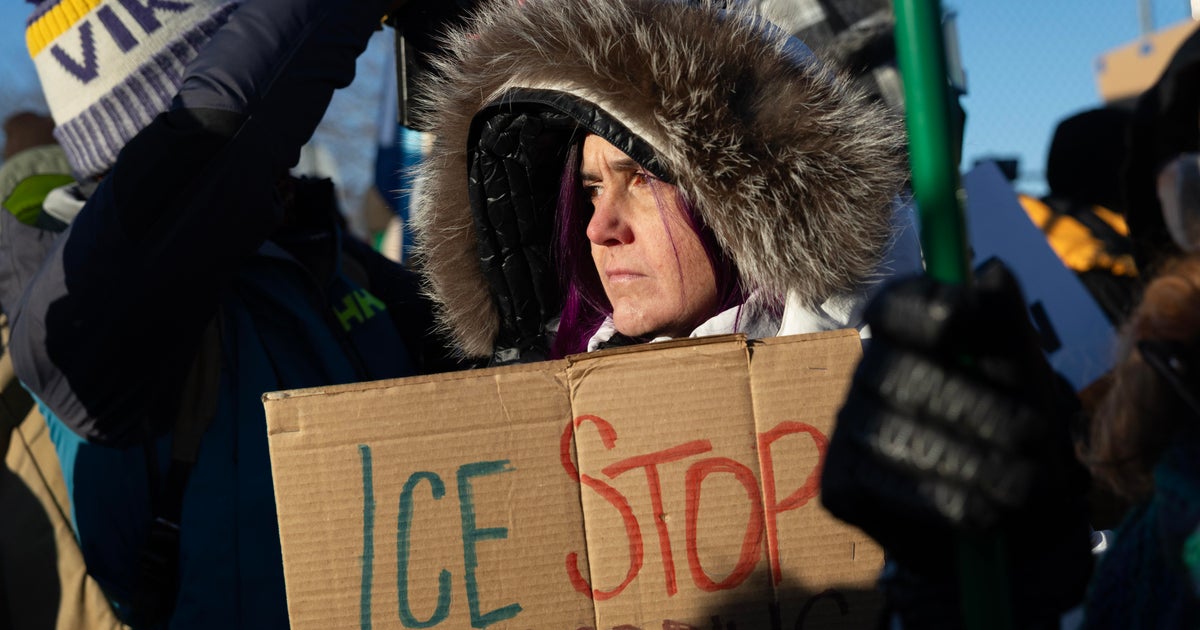Government promises 4 million coronavirus tests by next week. What comes next?
The Trump administration has faced criticism over the availability of coronavirus test kits in the United States. Vice President Mike Pence has said any American would be able to get tested for the disease it causes, COVID-19 — but acknowledged this week, as the government raced to distribute tests, that the capacity wasn't there yet.
So what should someone do if they want to get tested?
According to the American Hospital Association, people who think they have the coronavirus should call their physician to see if a test is warranted. If so, they will direct you to an appropriate testing site.
"Clinicians should use their judgment to determine if a patient has signs and symptoms compatible with COVID-19 and whether the patient should be tested," reads the CDC's website.
The CDC guidance urges doctors to consider local epidemiology — who the person came in contact with and their travel history — as well as a patient's symptoms. It also "strongly" encourages them to test for other causes of respiratory illness, such as the flu, before moving forward with a coronavirus test.
That guidance may evolve as the virus is better understood.
According to Dr. Rochelle Walensky, chief of Infectious Disease at Massachusetts General Hospital, someone could potentially have the coronavirus and the flu at the same time.
"What we don't know is about people who are asymptomatic ... where in the course of the disease does it turn negative, and where does it turn positive," Walensky said.
Testing for the virus involves both a nasopharyngeal (nose) and oropharyngeal (mouth) swab, which provide labs with "upper respiratory tract specimens." The CDC also recommends – though does not require — that health care providers collect lower respiratory tract specimens — sputum or phlegm — "if available."
The time it takes to get results varies.
Test results processed by the CDC initially took four to five days due to constraints on personnel and the number of tests available, according to Walensky. Now, she said, the turnaround from the CDC is usually one to two days.
How long it takes to get results from other labs depends on where tests are conducted.
Testing in California, where the most cases of COVID-19 have been confirmed in the United States, takes about 48 hours, according to the California Department of Public Health. CDC kits are already being used by 11 public health labs in California, and will expand to 20 labs "in the coming weeks," the department said Thursday.
Dr. Sarah Turbett, a microbiologist and infectious disease specialist at Massachusetts General Hospital, said labs in Massachusetts are able to determine results within 24 hours.
In Washington, where 13 people have died from coronavirus, testing is taking place daily at the state's public health laboratory. According to the Washington State Department of Health, the laboratory performed 209 tests for 91 people as of Wednesday.
As of Friday, 245 people had tested positive for COVID-19 in the United States — a figure that could jump as more people are tested.
The availability of tests is expected to jump within the next few weeks as the CDC sends out a new batch and independent manufacturers ramp up production.
An initial coronavirus test distributed by the Centers for Disease Control and Prevention had a faulty reagent that prompted labs to report problems, delaying testing across the country. For one month, the CDC was one of only a handful of labs able to run a diagnostic test, according to the Association of Public Health Laboratories.
Reporters pressed Secretary of Health and Human Services Alex Azar Thursday on why the U.S. response hasn't matched that of countries like South Korea, which has a large outbreak and has tested over 100,000 people.
Azar said more production will put availability of testing in the U.S. "far ahead of similarly impacted major countries around the world."
On Friday, Azar said "as many as 4 million tests" will be sent to public health labs, the private sector, and hospitals by next week.
The CDC sends kits to laboratories "designated as qualified" by the CDC, according to its website. These include U.S. state and local public health laboratories, Department of Defense laboratories and select international laboratories.
Azar added that Integrated DNA Technologies, IDT, a manufacturer that works with the CDC, will make a million of its own tests available by the end of next week.
He also noted that an FDA policy change that allows CDC-qualified labs to create its own tests before the FDA has completed its review will "radically expand availability" of tests.
One such lab, Quest Diagnostics, said in a press release Thursday that it would be able to provide testing as early as Monday.
"The new service is expected to employ respiratory specimens collected in appropriate health care settings, such as hospitals and physician offices," reads the statement. "... Patients suspected of, or confirmed to have, COVID-19 should consult with a physician regarding the best way to provide a specimen for testing by Quest."
It's unclear which states and facilities will receive the new tests. "Right now… it is a challenge if you are a doctor wanting to get somebody tested," said Azar.
On Friday, Azar said Washington and California have received all the tests they've requested.
"By this weekend, that broad network of hospitals, other labs, will be receiving from IDT those million tests that we referred to… So that experience will get better within the next week, week and a half, two weeks," he said.
"But do not be surprised if you hear concerns of doctors saying 'I have a patient I don't know how to get this done.'"
With more tests will come better data.
"We're only testing people who are the sickest so it does make the mortality rate look quite high," Turbett said.
An uptick in testing could be a "double-edged sword," Walensky said. The mortality rate will likely go down, but the number of confirmed cases could also go up.
"I sort of like to think about it as turning the lights on," she said.
